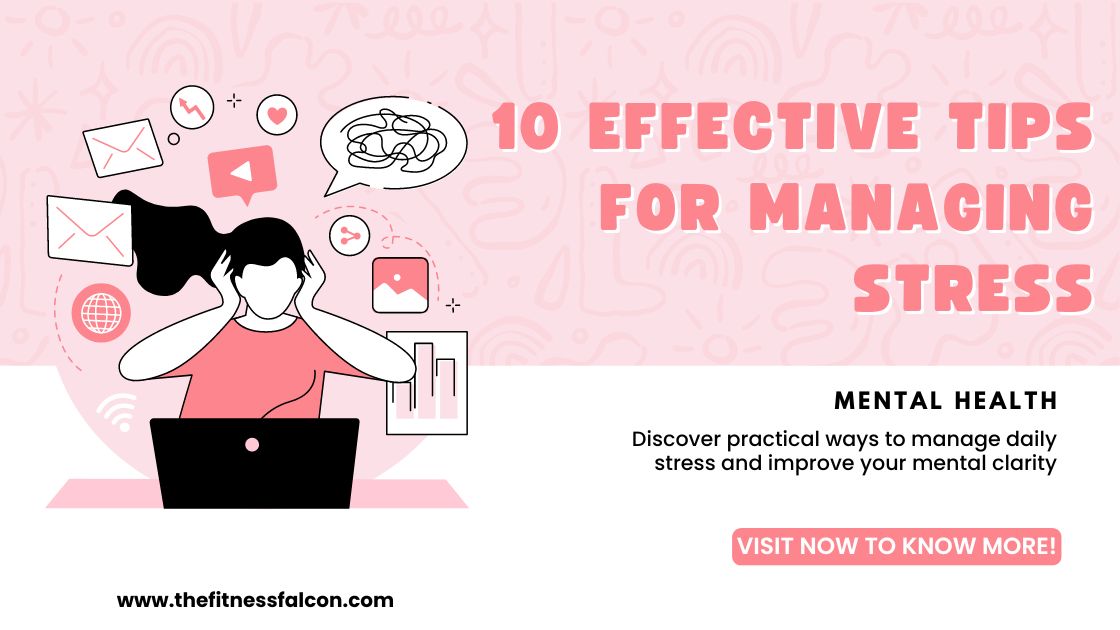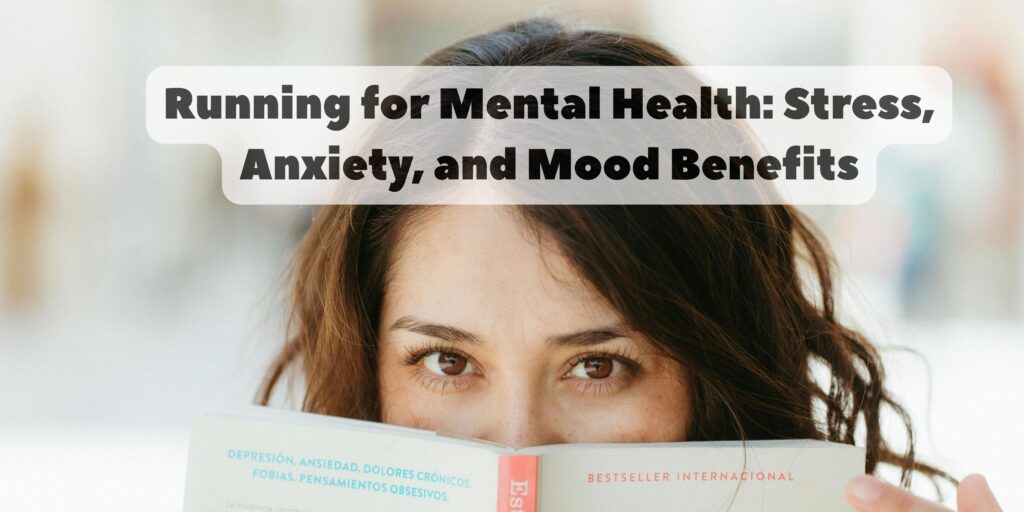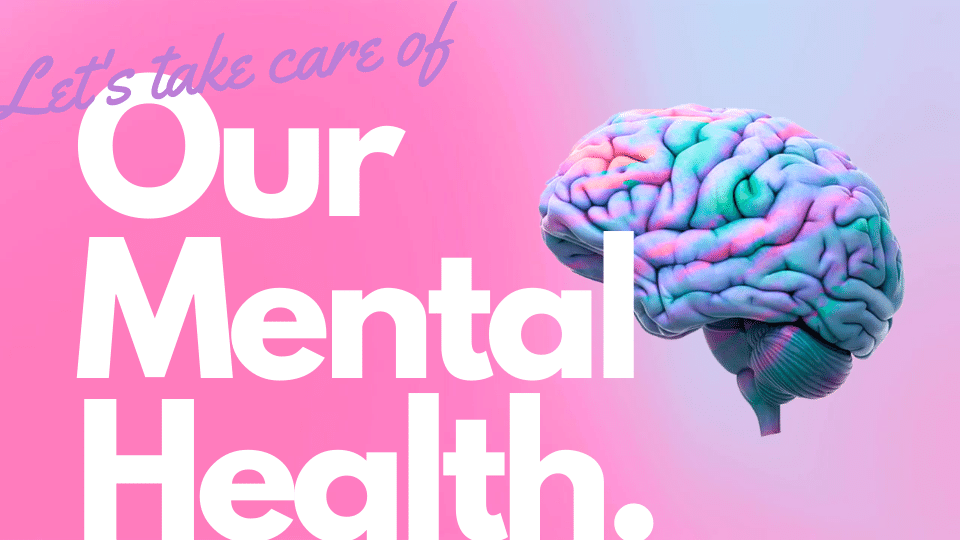10 Effective Tips for Managing Stress: A Comprehensive Guide

Stress is a natural response to challenging situations and demands. It can manifest as physical, emotional, or mental strain. In today’s fast-paced world, stress has become an inevitable part of life, affecting individuals across various age groups and professions. Whether it’s meeting deadlines at work, managing personal relationships, or coping with financial pressures, stressors are everywhere.
Key takeaway: Effective stress management is crucial for maintaining both mental and physical well-being. When you effectively manage stress, you not only improve your overall health but also enhance your quality of life. Understanding how to manage stress can lead to:
- Reduced risk of chronic diseases
- Increased daily productivity
- A more balanced and fulfilling life
By adopting effective stress management techniques, you empower yourself to handle life’s challenges with resilience and maintain a state of balance.
Understanding Stress
Stress shows up in different ways, affecting both your mind and body. There are two main types: acute stress and chronic stress.
Types of Stress
Acute Stress
This is short-term and usually comes from specific events or situations. For instance, you might feel acute stress when you’re trying to meet a tight deadline at work or getting ready for an important presentation. It can be intense but typically goes away once the situation is over.
Chronic Stress
Unlike acute stress, chronic stress sticks around for a longer time. It often comes from ongoing pressures like money problems, long-term health issues, or an unsatisfying job. If not handled well, chronic stress can lead to serious health issues.
What Triggers Your Stress?
Knowing what causes your stress is key to managing it. Stressors can be split into external and internal factors:
External Stressors
- Work-related pressures
- Relationship conflicts
- Financial instability
- Significant life changes like moving or losing a loved one
Internal Stressors
- Negative self-talk
- Unrealistic expectations
- Perfectionism
- Persistent worrying about future events
The Impact of Chronic Stress
Chronic stress affects various parts of your life, often in harmful ways:
Health
Being exposed to stress hormones like cortisol for too long can weaken your immune system, raise your blood pressure, and increase the risk of chronic diseases such as heart disease and diabetes.
Productivity
Chronic stress can mess with your ability to think clearly, making it hard to focus and make decisions. This leads to lower productivity at work or school.
Why Managing Stress Matters
Understanding the deep effects of chronic stress on both health and productivity highlights why it’s crucial to have effective ways to manage it. By figuring out the type of stress you’re dealing with and knowing where it’s coming from, you can take steps toward better mental and physical health.
The Importance of Stress Management
Managing stress effectively is crucial for improving your overall health. By addressing stress proactively, you can significantly reduce the risk of chronic diseases such as heart disease, hypertension, and diabetes. Managing stress supports your immune system, making you less susceptible to illnesses.
Health Benefits
- Reduced Risk of Chronic Diseases: Prolonged stress can lead to chronic conditions. By managing stress, you lower the chances of developing ailments like cardiovascular diseases and digestive issues.
- Enhanced Immune Function: Stress weakens the immune system. Effective management helps maintain a robust defense against infections and diseases.
- Mental Well-being: Techniques like mindfulness and regular exercise boost mental health, reducing anxiety and depression symptoms.
Productivity Enhancement
Managing stress effectively improves daily productivity. When stress is under control, you can focus better, think clearly, and make decisions more efficiently.
- Improved Focus and Concentration: Less stress translates to better cognitive function. You can complete tasks more effectively without feeling overwhelmed.
- Higher Efficiency: By managing time and prioritizing tasks, you can achieve more in less time. Tools like the Eisenhower Matrix help prioritize urgent and important tasks.
- Real-life Examples: A study from the American Psychological Association showed that employees practicing stress management techniques reported higher job satisfaction and productivity levels.
Quality of Life
Stress management is crucial for a better quality of life. It fosters a holistic approach to well-being by addressing physical, emotional, and mental health aspects.
- Balanced Lifestyle: Incorporating relaxation techniques, hobbies, and social connections into your routine helps create a balanced lifestyle.
- Emotional Stability: Effective coping mechanisms reduce emotional volatility, leading to a more stable emotional state.
- Holistic Well-being: Focusing on all aspects of health ensures comprehensive well-being. Practices such as yoga or meditation contribute to both physical fitness and mental peace.
By understanding the importance of managing stress, you take steps toward a healthier life filled with productivity and joy.
10 Practical Strategies for Managing Stress Effectively
1. Understand the Root Cause of Your Stress
Identifying the root cause of stress is essential for effective stress management. One effective technique is keeping a stress diary. By documenting daily stressors, you gain insight into patterns and triggers.
Journaling plays a crucial role in understanding your feelings. Writing down emotions and situations helps clarify what specifically causes your stress responses.
Another valuable approach is self-reflection exercises. These can include:
- Meditation sessions where you focus on your thoughts.
- Guided imagery, which involves visualizing a peaceful scenario to identify underlying concerns.
- Mind mapping, to visually organize thoughts and identify stress points.
Prioritizing tasks based on urgency and importance also helps manage overwhelming workloads more effectively. Use tools like the Eisenhower Matrix to categorize tasks into:
- Urgent and important
- Important but not urgent
- Urgent but not important
- Neither urgent nor important
By focusing on what’s truly critical, you can reduce unnecessary stress and improve productivity.
Understanding the root cause involves continuous observation and adjustment. It’s a dynamic process that enhances your ability to respond to stressors proactively.
2. Practice Mindfulness and Meditation Regularly
Mindfulness and meditation are powerful stress management techniques that can be seamlessly integrated into your daily life. These practices help reduce stress levels and promote emotional resilience by fostering a sense of calm and presence.
Benefits of Mindfulness:
- Reduces anxiety and stress
- Enhances emotional regulation
- Promotes overall well-being
Types of Meditation Techniques:
1. Mindful Breathing:
- Sit comfortably with your back straight.
- Close your eyes and take deep breaths.
- Focus on the sensation of your breath entering and leaving your body.
2. Guided Meditation:
- Find a quiet space where you won’t be disturbed.
- Use a guided meditation app or video.
- Follow the instructions, focusing on the guide’s voice.
3. Body Scan:
- Lie down or sit comfortably.
- Close your eyes and take deep breaths.
- Slowly bring your attention to different parts of your body, starting from your toes and moving upwards.
Incorporating Mindfulness into Daily Routines:
- Mindful Eating: Pay attention to the flavors, textures, and aromas of your food.
- Mindful Walking: Notice the sensations in your feet and legs as you walk.
- Mindful Listening: Focus fully on what others are saying without planning your response.
By practicing these mindfulness techniques regularly, you can create a foundation for managing stress effectively.
3. Maintain a Healthy Lifestyle to Support Your Mental Well-Being
Physical health and mental well-being are closely connected. Lifestyle choices play a key role in how well we handle stress.
Exercise Regularly
- Get at least 2.5 hours of physical activity each week to boost your mood and lower stress.
- Choose activities you enjoy and can fit into your schedule, like jogging, yoga, or brisk walking.
- Exercise releases endorphins, which help combat the negative effects of stress.
Balanced Diet
- Eat plenty of whole grains, proteins, and vegetables for overall health.
- Cut back on caffeine and sugar, as they can make stress worse.
- Simple changes like adding more fruits and vegetables to your meals can have a big impact.
Prioritize Sleep
- Good sleep is crucial for lowering stress levels and keeping your mind clear.
- Aim for 7-9 hours of sleep each night so your body can recover and recharge.
- Establish a bedtime routine with relaxing activities like reading or taking a warm bath.
A healthy lifestyle includes regular exercise, balanced eating, and getting enough sleep—each playing an important part in managing stress effectively.
Also Read: Stress Management Techniques: Reduce and Relieve Stress
4. Develop Healthy Coping Mechanisms for Dealing with Stressful Situations
You can easily incorporate practical stress management techniques into your daily routine. It’s important to develop positive self-talk habits. Techniques like affirmations and cognitive reframing exercises can help you counteract negative thoughts during stressful times.
Instead of feeling overwhelmed, try taking a proactive approach to problem-solving. Break down the things causing you stress into smaller, more manageable parts. Then, identify potential solutions and implement them one step at a time. This method will give you a sense of control and reduce anxiety.
It’s also crucial to seek support from people you trust or professionals when needed. Whether it’s confiding in a friend, talking to family members, or consulting a therapist, having a support system can be invaluable in managing persistent or severe stressors effectively. Remember, recognizing when you need external help and acting on it is a sign of strength, not weakness.
5. Set Realistic Goals and Manage Your Time Effectively to Reduce Stress Levels
You can easily incorporate practical stress management techniques into your daily life through goal setting and time management. Setting SMART goals—specific, measurable, attainable, relevant, and time-bound—helps create a sense of direction while minimizing overwhelm caused by unrealistic expectations.
SMART Goals Example:
- Specific: “I will exercise three times a week.”
- Measurable: “Each session will last 30 minutes.”
- Attainable: “I have allocated time in my schedule.”
- Relevant: “Improving my physical health reduces stress.”
- Time-Bound: “I will start this routine next Monday.”
The Eisenhower Matrix is another effective tool for prioritization. This matrix distinguishes between urgent/important tasks versus those that can wait or be delegated, allowing you to focus on what truly matters.
Eisenhower Matrix Breakdown:
- Urgent and Important: Tasks requiring immediate attention.
- Important but Not Urgent: Tasks important for long-term goals.
- Urgent but Not Important: Tasks that are urgent but can be delegated.
- Neither Urgent Nor Important: Tasks that can be minimized or eliminated.
Incorporating these strategies helps manage your workload better and reduces stress by ensuring you focus on what truly matters.
6. Learn How to Say No Without Guilt or Fear of Disappointment from Others’ Expectations
Setting boundaries is crucial for maintaining your well-being and managing stress over time. Here’s how you can say no without feeling guilty:
1. Self-reflection and Journaling
Log instances where you feel overwhelmed by commitments. Reflect on patterns and triggers.
2. Assertiveness Training
Develop communication skills that allow you to convey your limits clearly and respectfully.
3. Prioritization
Use tools like the Eisenhower Matrix to determine which requests align with your goals and values, making it easier to decline non-essential tasks.
By practicing these techniques, you can manage your stress more effectively and focus on what truly matters.
7. Engage in Relaxation Techniques That Work Best for You Personally
Incorporating relaxation techniques into your daily routine can greatly enhance your stress management efforts. These strategies are practical and can be easily integrated into various aspects of life.
Consider trying Progressive Muscle Relaxation (PMR), a method where you systematically tense and then relax different muscle groups throughout your body. This technique aims to achieve an overall state of calmness by releasing built-up physical tension.
Another effective option is deep breathing exercises like diaphragmatic breathing. By focusing solely on breath awareness, you can alleviate stress without the need for any specific physical tension release process. These exercises help center your mind and bring about a sense of tranquility.
- Progressive Muscle Relaxation (PMR): Systematically tense and relax different muscle groups.
- Diaphragmatic Breathing: Focus on breath awareness to reduce stress.
Finding what works best for you personally may involve some experimentation, but the benefits of reduced stress and increased relaxation are well worth the effort.
8. Foster Strong Social Connections That Provide Support During Challenging Times
Building and maintaining social support networks is a crucial element of stress management techniques. Strong relationships with friends and family provide emotional validation and understanding, often without the need for elaborate explanations.
Benefits of robust social connections:
- Emotional Support: Feeling understood by those who know you well can alleviate stress significantly.
- Community Building: Joining groups or clubs fosters a sense of belonging and shared purpose.
- Open Expression: Sharing your feelings with trusted individuals helps prevent emotional buildup that could lead to further distress.
Engage in regular activities with loved ones, or participate in community events to strengthen these bonds. This support system acts as a buffer against stress, ensuring you don’t face challenges alone.
9. Practice Gratitude Daily
Incorporating gratitude into your daily routine can be a powerful stress management technique. By focusing on positive aspects of your life, you can shift your perspective and reduce the impact of stress.
Gratitude Journaling Exercise:
- Write down things you’re grateful for each day, week, or month, depending on what feels right for you.
- Include specific details to make the exercise more meaningful. For example, instead of writing “I’m grateful for my family,” specify why you are grateful.
Other Ways to Express Appreciation:
- Send thank-you notes or call loved ones to remind them why they matter in your life.
- Engage in small gestures like complimenting someone or acknowledging their efforts.
By regularly practicing gratitude, you can develop a more positive mindset and improve your ability to manage stress effectively.
10. Seek Professional Help When Needed
Getting professional help is important for creating a long-term plan to manage stress. Qualified professionals use proven methods that are tailored to your specific needs and preferences. Unlike self-help resources, therapy can offer personalized techniques for stress management that are often more effective.
- Therapy: Engaging with a therapist can help uncover deep-rooted issues contributing to stress.
- Counseling: Provides emotional support and practical advice for coping with life’s challenges.
- Specialized Programs: Some professionals offer specific stress management programs designed to teach practical skills and strategies.
Using these professional resources can greatly improve how you handle stress overall.
Conclusion: Embracing a Holistic Approach Towards Managing Stress
Taking an integrated approach to managing stress is essential for maintaining both mental and physical well-being. By incorporating techniques such as mindfulness, healthy lifestyle choices, and seeking professional help when needed, you can build resilience and navigate life’s challenges more effectively. Prioritizing self-care and understanding the root causes of your stress ensures a balanced and fulfilling life journey.
Key Takeaway: Effective stress management is not just about immediate relief but fostering long-term strategies that enhance overall quality of life.
All content on this website is for general informational, educational, and entertainment purposes only. It is not a substitute for professional advice in any field, including but not limited to health, fitness, nutrition, wellness, finance, legal, technology, or lifestyle.
While we strive for accuracy, we make no guarantees about the completeness, reliability, or suitability of the information. Any action you take based on this content is at your own risk.
Always consult a qualified professional before making decisions related to health, finances, legal matters, or any other specialized area. The website and its authors are not liable for any loss, injury, or damage resulting from use of this information.








